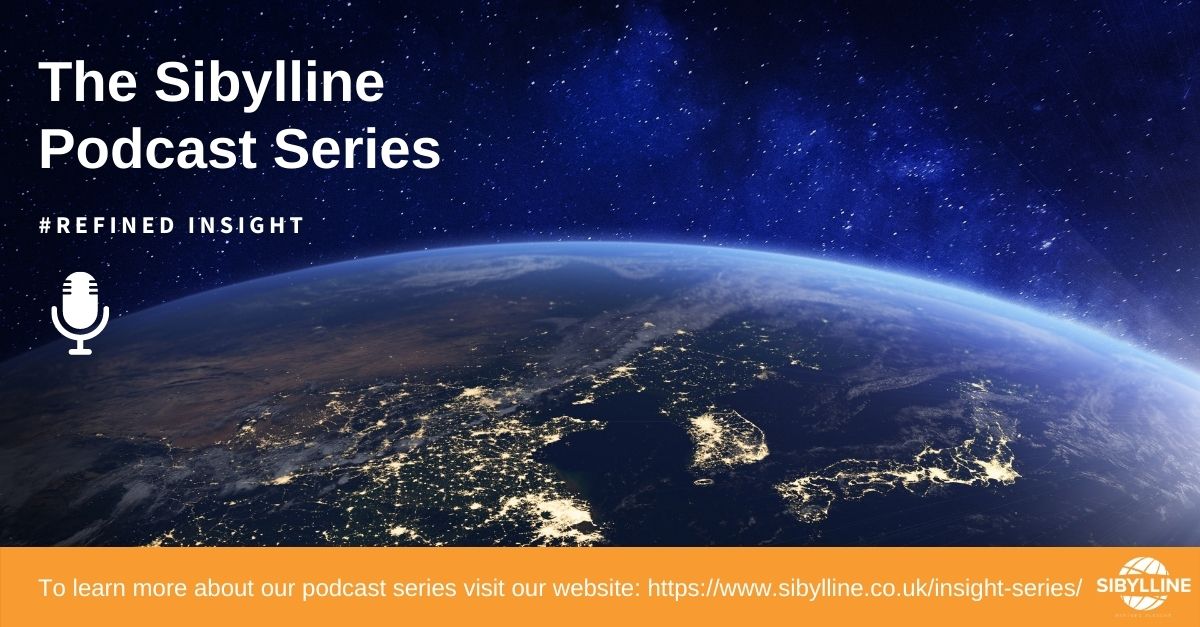
Join our host Liana Semchuk, Lead Europe & Eurasia Analyst, along with Louis Cox-Brusseau and Zsofia Wolford our Europe Analysts to discuss the upcoming Bundestag election.
Germany faces one of the most uncertain elections in the country's history due to the fragmentation of votes between mainstream and smaller parties. As of now, Chancellor Angela Merkel's party is set to come only second at the parliamentary election on 26 September due to the plummeting popularity of their candidate for Chancellor, Armin Laschet. The Socialist Democratic Party is expected to gain the most votes, however, it is highly likely that they will need to engage in lengthy coalition talks with the Greens, the business-friendly Free Democratic Party and maybe even the far-left Die Linke party to form a majority government. As such, Germany could see a three-party coalition for the first time, and a possible coalition including the SPD and the Greens could speed up the country's decarbonisation processes, increasing risks for carbon-heavy industries.
